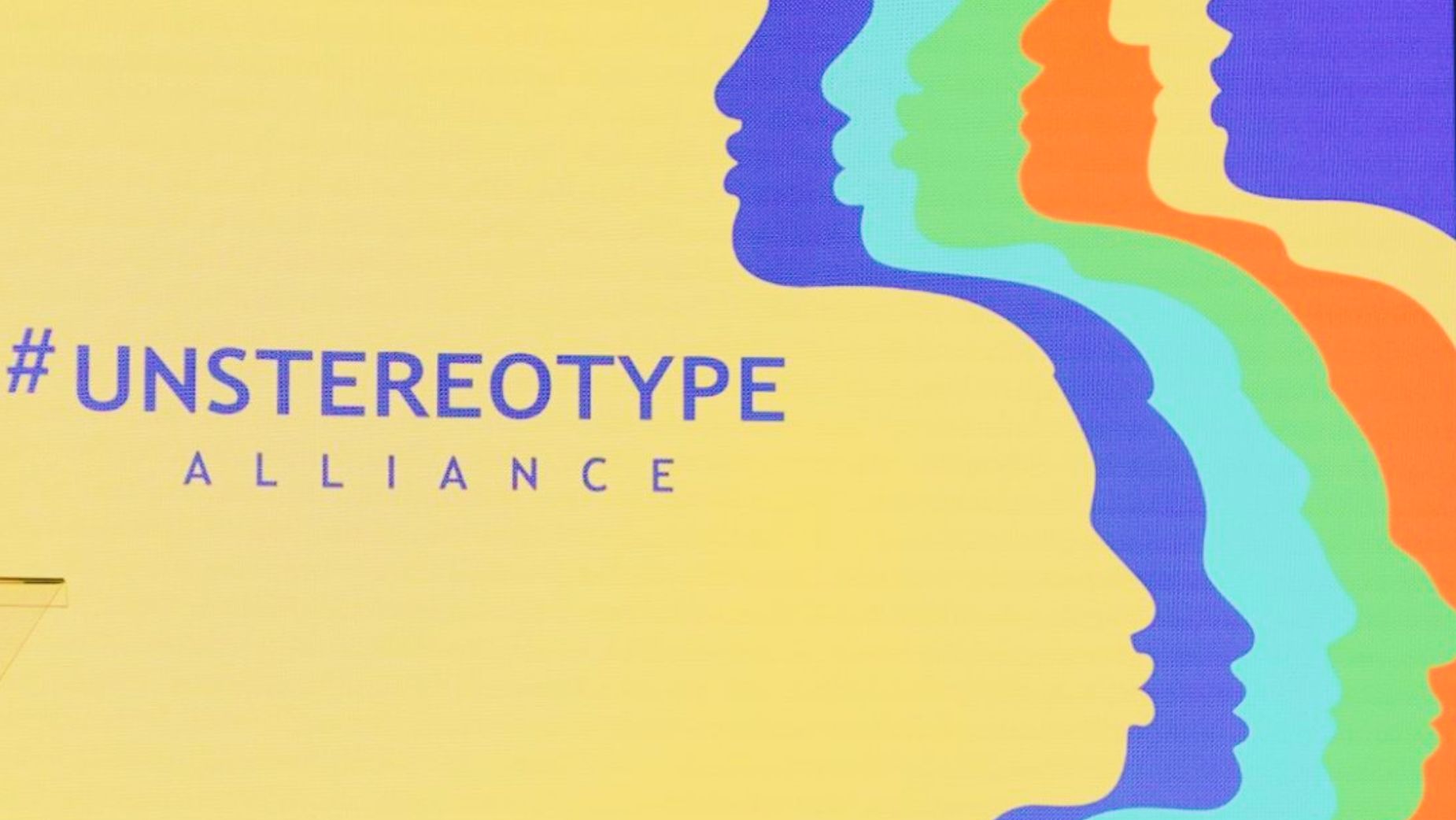
The Final Word: Research Proves That Inclusive Advertising Boosts Sales, Brand Value

The Unstereotype Alliance, an industry-led initiative convened by UN Women, published a report in September that proved once and for all that inclusive advertising really works, boosting sales and brand value. The Unstereotype Alliance seeks to eradicate harmful stereotypes from advertising and media to help create a more equal world; it was launched at Cannes in 2017, and its global membership now stands at 240 companies and 12 national chapters across five continents that tackle culturally-nuanced stereotypes on the ground.
The Alliance’s first ever global study, titled ‘The Business Case for Inclusive Advertising’, was published in September. It empirically proved that inclusive advertising which authentically and positively portrays a wide range of people – without stereotyping – has a triple positive impact on business, uplifting sales, profit, and brand value.
Using proprietary data provided by Bayer Consumer Healthcare, Diageo, the Geena Davis Institute, Kantar, Mars Incorporated, Mondelez International and Unilever (all members of Unstereotype Alliance), the study was conducted by leading researchers from the Saïd Business School at Oxford University.
Analysing 392 brands across 58 countries, the research proved the undeniably positive impact that diverse advertising has on short and long-term business objectives across numerous metrics like sales, financial performance, customer preference and loyalty, brand equity and market competitiveness.
Often, the case for diverse and authentic advertising is made on the basis of social and moral values. This study set out to scientifically test the hypothesis that there’s a business case to be made for it so that advertisers can know, beyond doubt, that diversity is an all around positive to aim for.
The numbers do really speak for themselves, presenting a:
3.5% higher shorter-term sales and 16% higher longer-term sales
62% higher likelihood of being a consumer’s first choice
15% higher customer loyalty
Uniliever has been reaping the benefits of investing in diverse advertising for a little while now, seen in its work at Dove, among many other brands under the Unilever umbrella.
“Unilever has led the charge in creating bold, unmissable advertising that is progressive, provocative, and inclusive for years, from our work with Dove, Rexona and LUX to name but a few key brands. For us, creating work that is inclusive of people with different lived experiences isn’t just the right thing to do, it is a business imperative that drives brand power and commercial results. This report highlights the undeniable business case for more diverse and inclusive marketing and will prove a powerful tool as the industry strives for even more progressive, impactful work moving forward,” said Unilever's Esi Eggleston Bracey, chief growth and marketing officer.
Positive gender portrayals in particular were found to perform better commercially, according to strong empirical evidence, confirming Unstereotype Alliance’s hypothesis.
The study found strong empirical evidence that brands utilising more inclusive advertising practices, specifically positive gender portrayals, actually perform better commercially, confirming Unstereotype Alliance’s hypothesis. This can be seen in Unilever’s deodorant brand Rexona, which launched the ‘Girls Can’ series in collaboration with FIFA.
‘Girls Can’ aimed to support and educate people on how to give women and girls the confidence to start or continue playing football, aiming to make a real impact on-the-ground. The multichannel ambassador-led campaign showed everyone that the women’s game is #JustWarmingUp, inspiring more girls and women to get involved.
The brand’s diverse and inclusive approach also positively impacted brand power in four out of five of Unilever’s top markets due to the 2.3 billion earned media impressions, 1 billion views on TikTok and 5.5 million engagements.
Over the years, inclusive advertising and DE&I initiatives have come under fire for their potential to damage brands and sales. Sara Denby, head of the Unstereotype Alliance Secretariat at UN Women commented: “The idea that inclusive advertising content can commercially damage a business has limited progress for too long. The assertion is consistently unfounded – but we needed to provide evidence to the contrary. This irrefutable data should reassure any business and encourage brands to renew their commitment to inclusivity in all forms, to not only benefit the communities they serve, but to drive growth and financially prosper.”
With the publication of this study, advertisers are being asked to question why their ads are still failing short on the authenticity and diversity scale when there simply isn’t a case – social, moral, or business – for doing so.
The full report can be found here, including information about the methodology.















